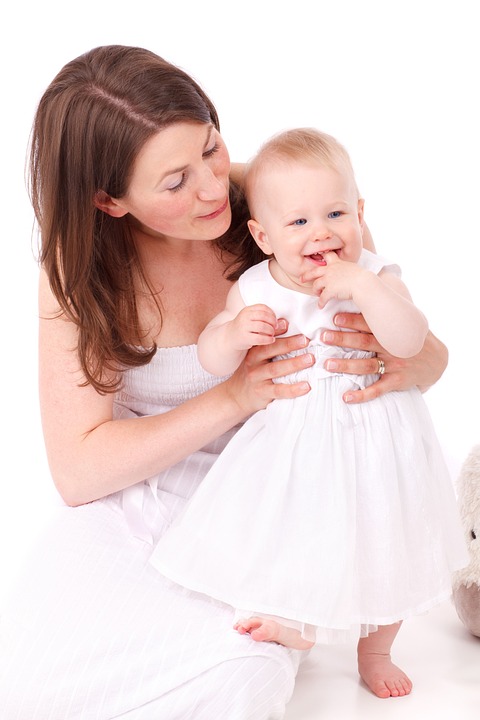
[ad_1]
The Benefits of Positive Discipline: A Guide for Parents
Parenting can be a challenging journey, filled with moments of joy and frustration. One of the most important aspects of parenting is discipline, as it helps children learn the difference between right and wrong, and prepares them to become responsible adults. However, traditional discipline methods such as punishment and harsh consequences can have negative effects on children. This is why positive discipline is gaining popularity among parents, as it focuses on teaching children how to make better choices and encourages them to learn from their mistakes. In this article, we will explore the benefits of positive discipline and provide a guide for parents on how to implement it in their daily lives.
Understanding Positive Discipline
Positive discipline is based on the idea that children need to feel a sense of connection, belonging, and significance in order to thrive. Instead of using fear and punishment to control behavior, positive discipline focuses on creating a nurturing and supportive environment in which children feel respected and understood. It is a holistic approach that takes into consideration the emotional, social, and psychological needs of children, and encourages parents to use empathy and understanding to guide their children towards better behavior.
The Benefits of Positive Discipline
There are numerous benefits to using positive discipline in parenting. One of the key benefits is that it helps in building a strong and trust-based relationship between parents and children. When children feel respected and understood, they are more likely to open up to their parents and seek guidance when facing challenges. Positive discipline also helps in promoting self-discipline and self-control in children, as they learn to regulate their behavior based on internal values rather than external threats.
Another benefit of positive discipline is that it fosters a positive self-image in children. When parents focus on acknowledging and appreciating their children’s efforts rather than criticizing their mistakes, children develop a sense of confidence and self-worth. This positive self-image can help children navigate the complexities of the world with resilience and optimism.
Implementing Positive Discipline
Implementing positive discipline requires a shift in mindset and the adoption of new parenting techniques. One of the key principles of positive discipline is using natural and logical consequences to help children learn from their actions. For example, if a child fails to complete their homework, a natural consequence could be having to miss out on playtime in order to finish the assignment. This approach helps children understand the connection between their behavior and the outcomes, without resorting to punishment or blame.
Another important aspect of positive discipline is active listening and empathy. Parents are encouraged to listen to their children’s perspective and provide guidance with empathy and understanding. This helps children feel supported and valued, which in turn fosters open communication and trust between parents and children.
Real-Life Examples
John and Sarah are parents to a 10-year-old daughter, Emily. Emily is a creative and energetic child, but she often struggles with following rules and completing tasks. Instead of resorting to punishment when Emily acts out, John and Sarah have adopted positive discipline techniques. When Emily forgets to clean up after herself, they provide a logical consequence by asking her to clean up before she can go out to play. They also make an effort to understand Emily’s feelings and challenges, and provide guidance with empathy and understanding. As a result, Emily feels respected and valued, and has become more responsible and considerate in her behavior.
Frequently Asked Questions
Q: Will positive discipline work for all children?
A: Positive discipline is based on the principles of respect and empathy, and can be effective for most children. However, every child is unique, and parents may need to modify their approach based on their child’s personality and needs.
Q: How can I stay calm and patient when implementing positive discipline?
A: It can be challenging to remain calm in the face of challenging behavior, but practicing mindfulness and self-care can help parents stay centered and patient. Taking a moment to breathe and gather your thoughts before responding can make a big difference.
Conclusion
Positive discipline offers a nurturing and respectful approach to parenting, and can have a lasting impact on children’s emotional and psychological well-being. By focusing on teaching and guiding children with empathy and understanding, parents can build strong and trust-based relationships with their children, while promoting self-discipline and positive self-image. The real-life examples of John, Sarah, and Emily demonstrate how positive discipline can transform family dynamics and help children thrive. By embracing the principles of positive discipline, parents can create an environment in which children feel respected, understood, and supported, setting them up for success in the future.
[ad_2]